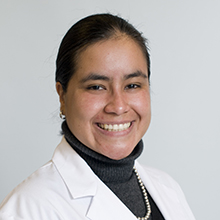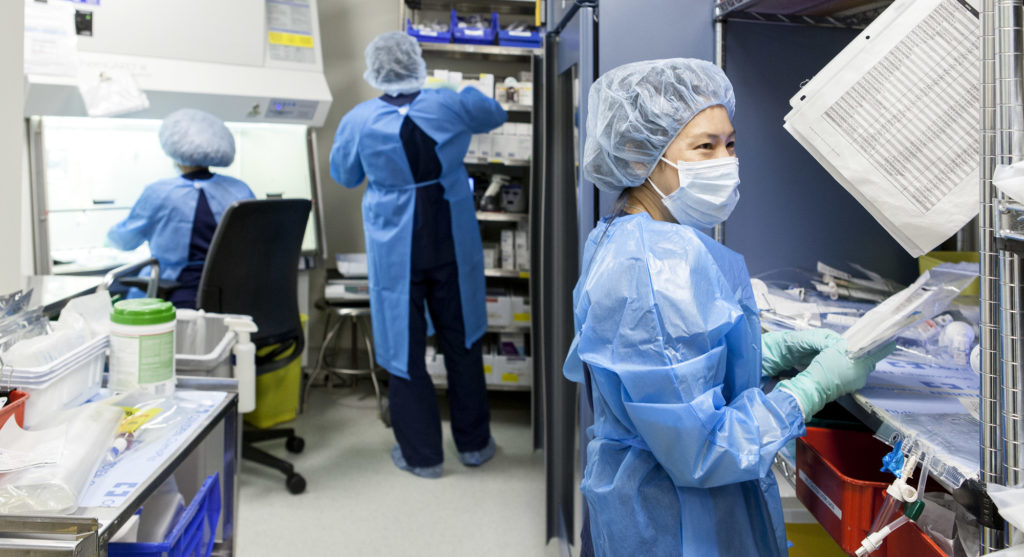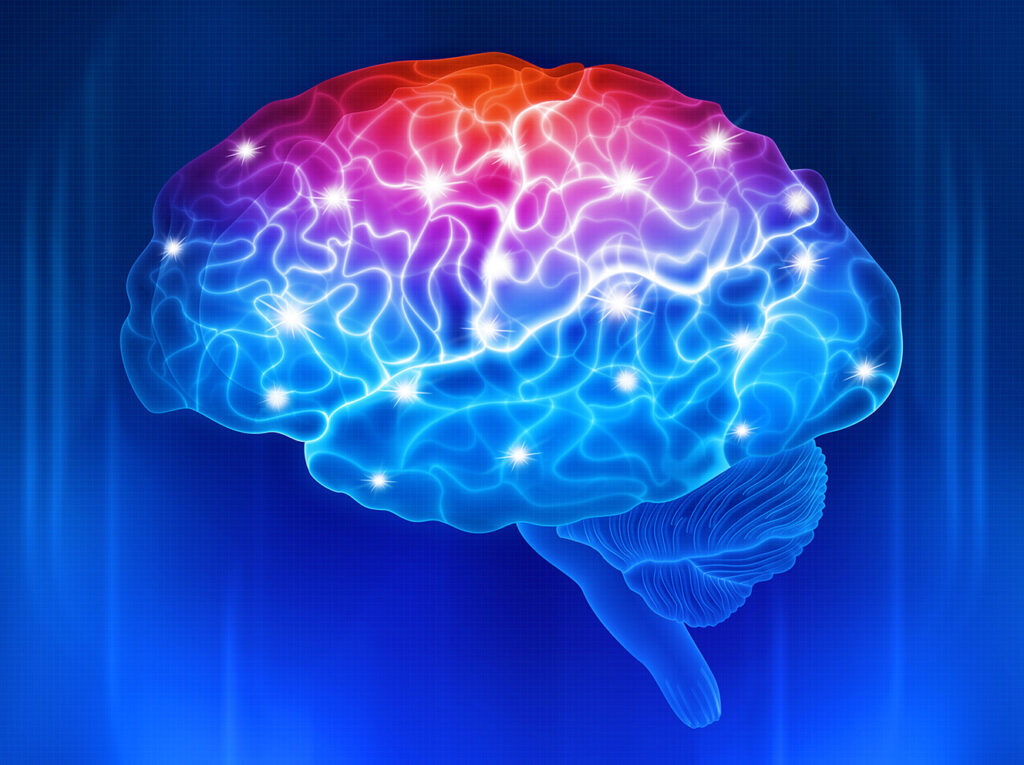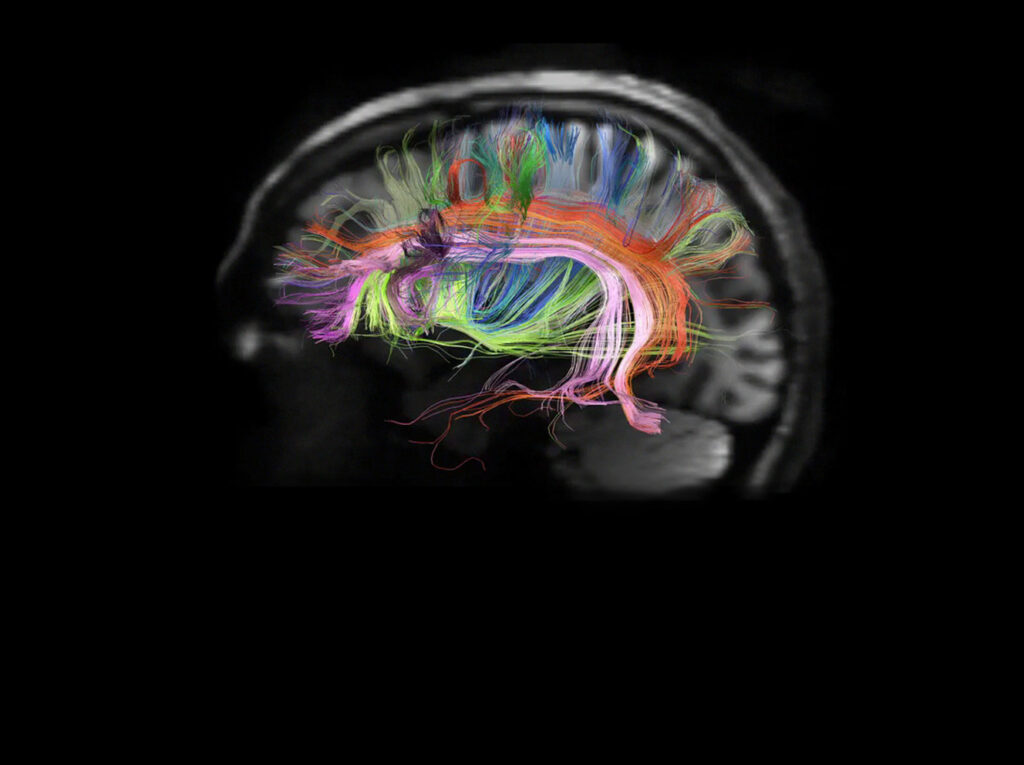Since it launched in 2020, the Youth Neurology Education and Research Program at Massachusetts General Hospital focuses on increasing diversity in the neurology workforce, making the field more representative of people living with neurological disease. Conditions like stroke, Alzheimer’s disease, and Parkinson’s disease, to name a few, disproportionately burden women, Black, Latinx, Native American and low-income communities, yet people from these communities remain underrepresented within the field of neurology.
The Youth Neurology Education and Research Program aims to empower future clinicians and researchers from underrepresented communities to pursue careers in neurology and increase patient access to a more diverse neurology workforce. This program is made possible by a charitable partnership with the Biogen Foundation, primary funder for the past three years, whose support has led to additional funding in the program’s third year from Massachusetts Life Sciences Center.

The program offers high school and undergraduate students the opportunity to spend a summer working and learning alongside neuroscientists at Mass General. These students have the chance to conduct impactful, real-world research, shadow clinical faculty in their areas of interest, hone their leadership skills, become part of a diverse professional network, and engage in longitudinal career support. Formal salaried employment reduces the financial barriers often precluding participation in a competitive internship. All interns have access to longitudinal professional development support, including help as they apply to college, graduate school, or jobs. Program staff often serve as a resource for students using LinkedIn, writing cover letters, polishing personal statements, and determining how to tactfully consider job or educational opportunities. There is also funding available to help cover career related expenses, such as standardized exams like the medical college admission test (MCAT). Beginning in 2022, all interns received food and travel stipends recognizing the added cost of in-person participation in this program.
Evolving to Eliminate Barriers
Program director Nicte Mejia, MD, MPH, FAAN, and coordinators work directly with students to proactively identify their goals, needs and concerns, and continually tailor program offerings based on what they learn.
As she prepared for 2022 as the program’s first in-person year, Sarah Micucci, former program coordinator who is now a medical student, noted that many internship applicants were expressing concerns about not having workplace-appropriate attire. With this feedback, Sarah reached out to second-hand clothing stores in the community, ultimately partnering with Thrifty Threads in Brookline, to gather clothes donations appropriate for the incoming group of summer interns.

“This program helped remove the indirect cost of trying to learn — it allowed me to stop thinking about outside worries and just focus on going to work and making a positive impact,” says Adam Khanboubi, an undergraduate participant in the program. With a goal to become a neurospine specialist, Adam also hopes to one day launch a foundation of his own that works to address racial disparities in neurological research.
The Importance of Representation
The values and goals of the program also extend to the program staff themselves, largely comprised of future health professionals of backgrounds underrepresented in neurology, sharing similar identities with the program participants they work with. The 88 interns who participated in this program in 2020-2022 predominantly identify as female or non-binary (73%), Black, Latinx, or Indigenous (83%), immigrant (34%), and first-generation students (83%), representing communities disproportionately affected by neurologic disease and largely underrepresented in the neurology workforce. Program staff understand where they’re coming from and the obstacles they face and serve as a safe space for students to express themselves without fear of judgement.
Janani Ganesh, high school program participant, explains, “I live in a community where everyone has a parent in medicine, but mine aren’t familiar with health care. So, to find community, and other people who understood my experience and what it was like to be the first person in their family to pursue medicine, was really impactful.” Janani hopes to become a neurosurgeon and work for the United Nations providing care to people in war-torn countries. As part of the program, she had the opportunity to observe Brian Nahed, MD, MSC, and his team perform a surgery and recalls, “I didn’t feel grossed out or squeamish, and I thought ‘this is something I could actually do.’”
Given the program’s immediate success, the team is exploring ways to expand the comprehensive offerings even further, to incorporate additional resources to help students navigate their pursuit of future school and job opportunities, offer mental health resources geared specifically to the needs of program participants, and continue to ensure that students receive adequate compensation.
To learn more about how to support the Mass General Youth Neurology Education and Research Program, please contact us.






